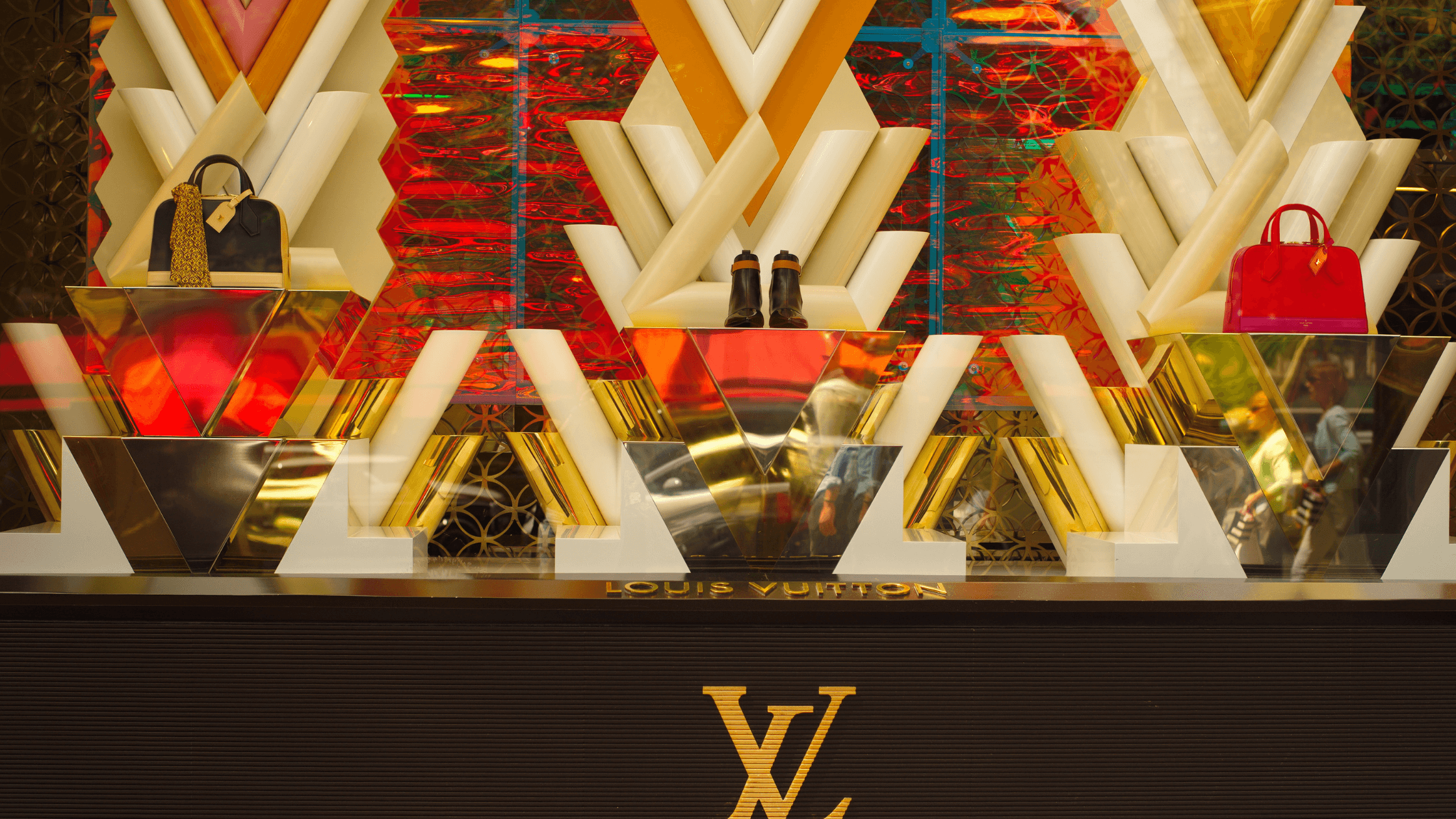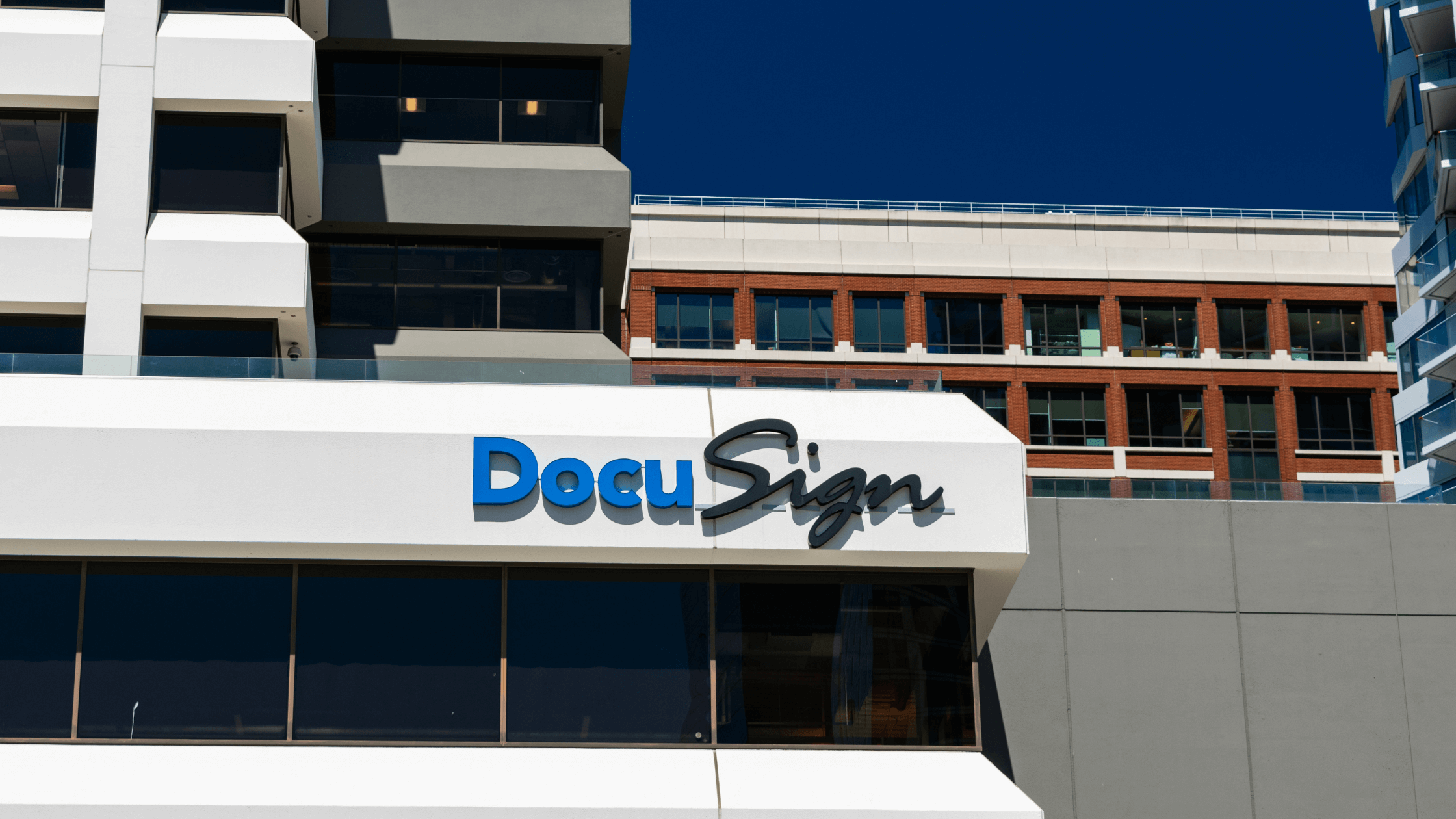1 Luxury Stock to Buy for Your Valentine’s

Valentine’s Day is around the corner and it’s very likely couples worldwide will be indulging their significant others.
That might involve flowers, cards, fine dining or perhaps luxury goods. It’s in luxury goods that those with investments in mind could find a nice surprise for their partners.
Instead of spending money on luxury goods this Valentine’s Day, it might be an idea to put that money to work in a company that peddles luxury goods.
Luxury giant
That, of course, would mean splashing the cash on LVMH Moet Hennessy Louis Vuitton SE (EPA: MC) shares.
As one of the biggest winners in the luxury segment over the past decade, the conglomerate has ridden on the wave of luxury consumption globally.
A lot of consumers may not even be aware that LVMH owns a huge stable of well-known luxury brands that we see advertised all the time.
These include the likes of Veuve Cliquot, Belvedere and Krug in Wine & Spirits, Celine, FENDI and Givenchy in Fashion & Leather Goods, and Hublot, TAG Heuer and Tiffany in Watches & Jewellery – to name just a few.
In all, the company owns over 70 distinct brands. Its size is formidable. Having recently released its full-year 2020 results, in a year where sales suffered amid a global pandemic, LVMH still posted revenue of €44.7 billion (US$53.8 billion).
Dynamic leader
The charismatic CEO of LVMH is Bernard Arnault, a renowned “empire-builder”. He has overseen a long track record of acquisitions with LVMH as greater scale and size have brought more success.
Surprisingly, this has gone against the grain in the past decade as conglomerates have been accused of being slow-moving and inefficient.
Multiple examples of this in Asia attest to this but LVMH seems to break the mold. The luxury purveyor has used its vast network and deep pockets to help individual brands promote themselves, either through snazzier marketing or rebranding to take advantage of an upmarket niche.
Having acquired a range of smaller family-owned brands in Europe, expertise from the LVMH parent has also helped these brands become more efficient, usually resulting in higher margins and profits.
For example, having taken over luxury Italian jeweller Bulgari in 2011, LVMH helped it increase its profits by over five-fold in less than eight years.
Riding on affordable luxury
One of the great things about LVMH has been its success in turning luxury into effectively “affordable luxury”. Its flagship brand – Louis Vuitton – has turned its instantly-recognisable, printed leather bags into a mainstream item yet still retained its “luxury” cachet.
Shareholders of LVMH have been rewarded too on a long-term basis. It is now one of the three most valuable European companies (by market capitalisation).
LVMH’s share price has risen around 370% in the past decade. Although its shares did take a hit last year amid Covid-19, the consumer taste for luxury goods isn’t going anywhere any time soon.
Disclaimer: ProsperUs Head of Content Tim Phillips doesn’t own shares in any companies mentioned.






















































